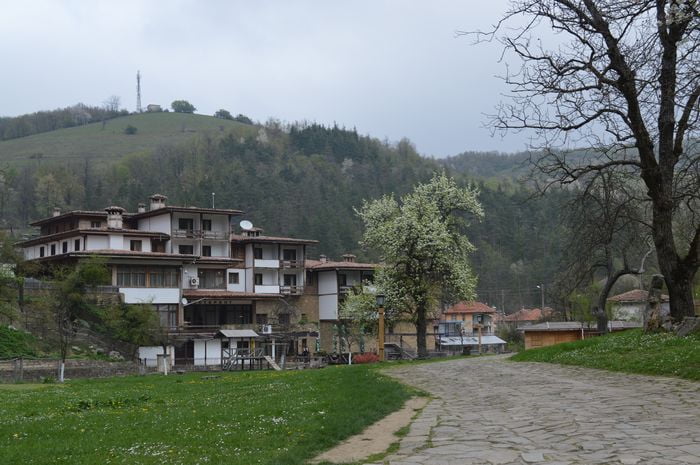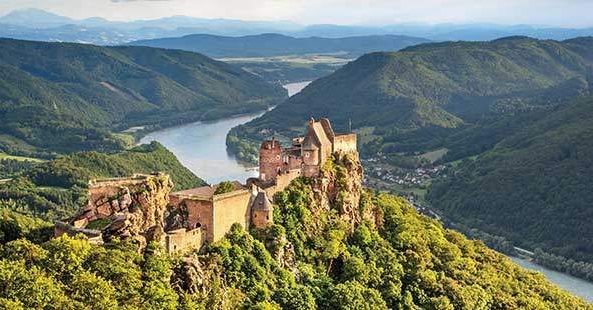Something else also amazed Ibn Fadlan during his Volga mission: the fact that the Bulgarian ruler rode alone on horseback without guards around the marketplaces of the capital and that the citizens showed their respect in a way that did not harm their honour and pride. They only stand up and doff their hats while the king passes by. Relations of this kind are only possible in cases when, despite the hierarchic distance, the two parties view themselves as equal before God and before the duty to the compatriot and the Fatherland.
In an age when courage is not a rare I virtue, the bravest Eurasian tribes and peoples E respected the courage of the Bulgarians. The social being of the Bulgarian was marked by another important feature, which came to the fore in many battles: discipline. Byzantine strategists who commanded professional armies could not believe their eyes that the Bulgarian commanders (Boils and Bagains) could restrain their soldiers from plunder when the enemy was defeated.
Demonstrated through work
They managed to make them chase the enemy to his full extermination, something that was impossible for the commanders of the empire. Hard work was perhaps an even more impressive feature of the Bulgarian – his manhood demonstrated through work. At the end of the 11th century, a chroncler in Volga Region wrote: “The word “Bulgarian” means a wise man.” These words generalise what has been said so far, but also add the moral of mutual aid. Such is the wisdom of the Bulgarian history experienced in the course of almost 3,000 years.
All researchers are unanimous that the passage from the oral tradition to literacy and fine literature was quite brilliant as an achievement of the Bulgarians in less than three decades during the 9th century. This miracle is explained by the genius of the holy brothers, Cyril and Methodius and their disciples, St. Kliment and St. Naum in the literary centers of Ohrid, Pliska and Preslav, who created a refined literary language capable of expressing the most complex abstract notions. Also, the miracle lies in the fact that the Bulgarian nation of Danube Bulgaria was able to perceive the message of this high language inspired by God because of its ancient strive to harmonise the divine with the human.
That ability, as has been said, was the direct consequence of the basic qualities of the civilization of the Bulgarians in its pre- Christian period. They allowed the nation, composed of different ethnic-demographic elements, to adapt to and speedily join Orthodoxy. The political choice of Kan (Knyaz) Boris I, who preferred the Church of Byzantium to Roman Catholicism in order to lead his state to Christian Europe, became a positive long-term stimulus. Orthodoxy urges peoples to self-awareness; it unites despite cultural-linguistic differences. Unlike Catholicism, it permits, as St. Constantine- Cyril maintains, “each people to praise God in its language”
Read More about The Cavalier of Toledo part 2








